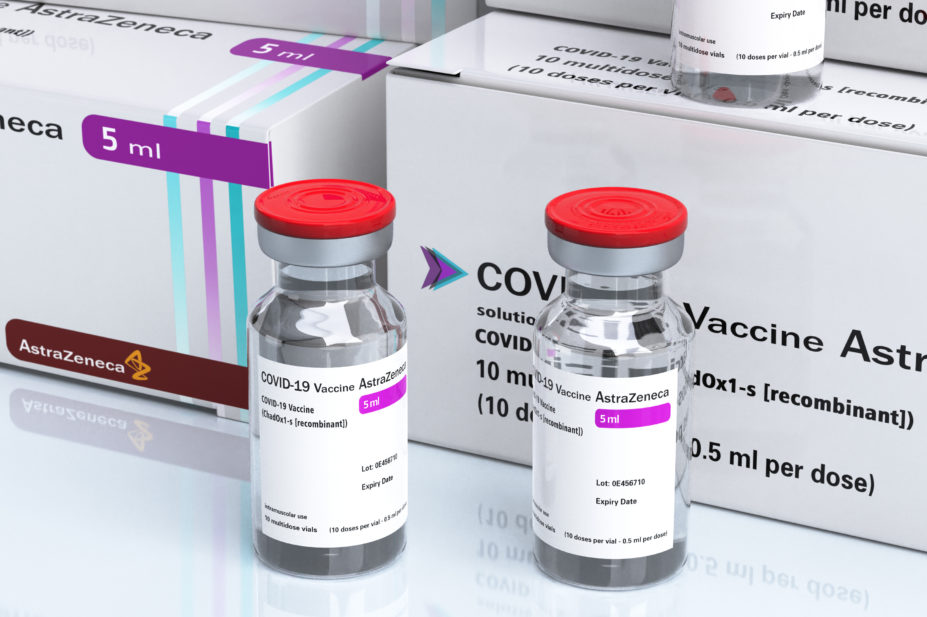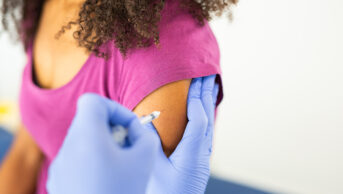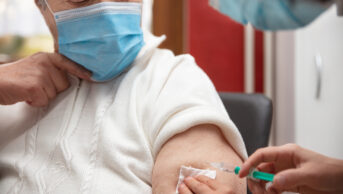
Shutterstock.com
The UK government has reported that almost 7 million doses of COVID-19 vaccine have been recorded as wasted, expired or damaged as of July 2022.
The figures were published in response to a report by the House of Commons Committee of Public Accounts (PAC), ‘The rollout of the COVID-19 vaccine programme in England’.
The PAC report, published in July 2022, said: “NHS England was expecting wastage levels to increase in 2022, in anticipation of a fall in overall demand and resulting difficulties in using up supplies,” noting that NHS England “had to write off around 1.9 million AstraZeneca doses” in 2021.
As a result, the PAC recommended that the government “update the committee on levels of wastage across the programme, the number of doses donated internationally, and the number of doses still to be supplied by the end of 2022”.
In its response, published on 7 November 2022, the Department of Health and Social Care (DHSC) said: “As of 30 July 2022, 946,525 doses of COVID-19 vaccines were destroyed or identified for destruction, accounting for 0.46% of the total vaccine volumes delivered and brought under UK Health Security Agency (UKHSA) management”.
The UKHSA is responsible for the central storage and distribution of COVID-19 vaccines for the UK vaccination programme; however, NHS England becomes responsible for vaccine waste once the doses have left the UKHSA warehouses.
“As of 12 July 2022, the England programme had administered 125.9 million COVID-19 vaccinations. 5.04 million (4%) doses have been recorded as waste by vaccination sites and under 1 million (0.7%) doses reported as waste, expired or damaged by wholesale partners,” the response added.
While the response also notes that the level of waste is “significantly lower than the initial planning assumption of 15–20% total wastage”, it says that “the government has implemented an integrated business planning process to ensure supply risks are accounted for, contingency measures identified, and forecast demand is met as closely as possible” to reduce waste.
Mark Easter, director of pharmacy and divisional clinical director of clinical support services at University Hospitals Coventry and Warwickshire, said: “Whilst the waste numbers my look high at first, many millions of doses have been given and so the percentage of waste is relatively small.
“Whilst any waste of a medicines should be avoided, given the challenges involved in the programme, i.e. the fragility of the early Pfizer vaccine, the short shelf-lives involved, the efforts to take the vaccine to the patient to support access, and challenges around cancelled appointments, a wastage percentage of less than 4% demonstrates how well the pharmacy and other teams worked together to keep waste to a minimum,” he said.
The government response added: “The UK has offered the 100 million doses it committed to donate in 2021 and by 30 June 2022, the UK had donated over 84.4 million doses.”
The roll out of COVID-19 vaccines began on 8 December 2020 when Margaret Keenan, aged 92 years, received the world’s first COVID-19 vaccine at University Hospital in Coventry on 8 December 2020.
Community pharmacy involvement followed in January 2021 when the first six community pharmacies across the country started administering COVID-19 vaccinations, becoming the first of 1,700 pharmacy-led vaccination sites that are currently operational.


